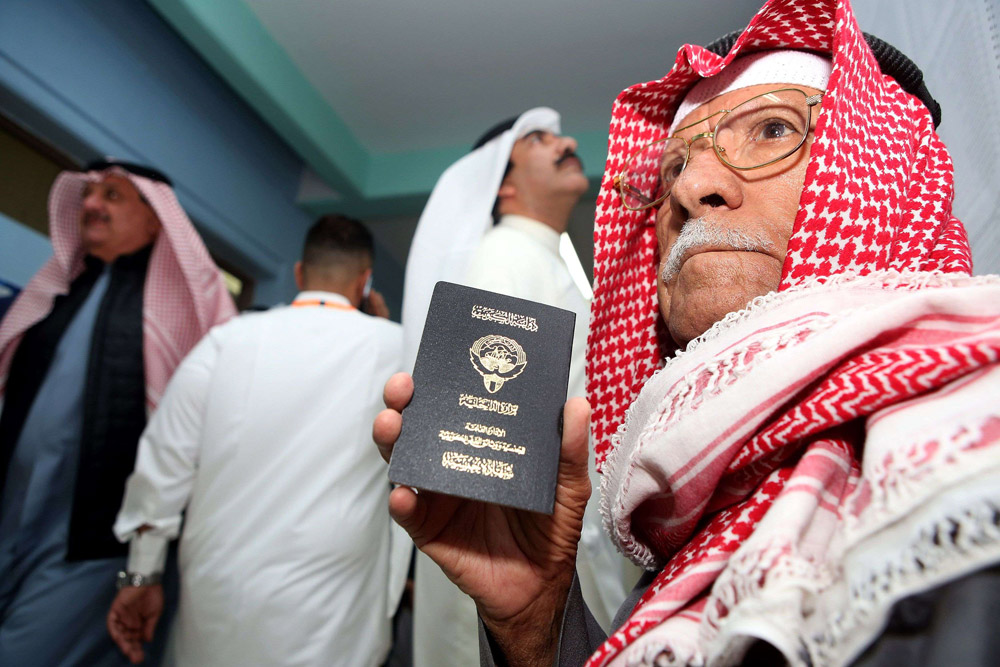On 17 July 2023, Americans for Democracy and Human Rights in Bahrain (ADHRB) launched an international campaign advocating for the rights of the ”Bidoon”. Aiming to secure access to essential services in education, healthcare, employment, and freedom of assembly, ADHRB called for the end of the discriminatory practices of Kuwait’s government. In addition, shortly after the start of the campaign, Amnesty International published the report ”I don’t Have a Future”: Stateless Kuwaitis and the Right to Education. The NGOs denounced the historical issues that the community has been facing since 1987 when the Kuwaiti government labelled them as illegal residents. Nonetheless, the efforts to leverage international pressure are not yet sufficient since 2023 showed concerning repressions against Bidoon activists and systematic violations of their rights.
The Kuwaiti government ended the registration of its nationals in 1965, mainly focusing on central areas like Kuwait City. In this process, the rural areas were excluded from the census or needed to be appropriately informed. Consequently, the tribes historically living in Kuwait were left without nationality. Adding upon this, Kuwait, in 1980, issued a law prohibiting the recognition of nationality of a child with a stateless father, even if he is married to a Kuwaiti national. Currently, the Bidoon living in Kuwait are around 100,000 facing the harsh reality of not having citizenship. Being stateless entails no legal protection or right to vote and no equal access to education, employment, marriage, and property rights.
As mentioned, 2023 has been a year with no positive developments for the Bidoon. Regarding education, they are still forced to pay for private schools deemed by the parents not to give a good preparation. The classes often have more than 50 students in a single room, lacking basic infrastructure such as computers or air conditioning. To add, when it comes to tertiary education, Bidoon’s admission is restricted to a small quota. The Kuwait government was also highly criticised for barring Bidoon families without a valid Card from the Central System to register in any school. After intense international pressure, they rescinded this policy that temporarily left their children missing at the beginning of the school year.
Unfortunately, the community’s activism and freedom of expression were heavily repressed during the year. At the beginning of 2023, a Bidoon activist called Mona Kareem, with US citizenship, was temporarily travelling inside the Arab state; in the meantime, she reported that Kuwait was trying to deport her against her will. Besides this episode, the freedom of expression for Bidoon, who indefinitely resides in the state, is particularly concerning. Kuwait has a law on public meetings and assemblies prohibiting all unlicensed non-Kuwaiti demonstrations. This law was enacted during the summer of 2022 when the authorities arrested 18 people for peacefully demonstrating in favour of the Bidoon.
The overview of the Bidoon situation in Kuwait needs to be revised. The country has discriminatory laws against non-nationals and pursues a strategy of forced exile against the Bidoon, offering them fake passports. Nonetheless, Kuwait is a party to various international treaties affirming that citizenship is a human right, like the Convention on the Rights of the Child (CRC). Again, ADHRB calls for different international bodies to pressure Kuwait to grant fundamental human rights to the Bidoon. The NGO also calls for adherence to the provisions of the United Nations Convention relating to the Status of Stateless Persons (1954) and the Convention on the Reduction of Statelessness (1961). Finally, it is demanded to stop the repression of the freedom of expression against the community.





